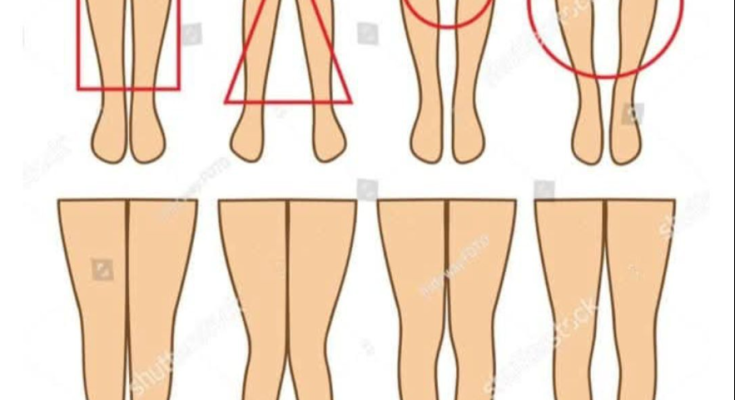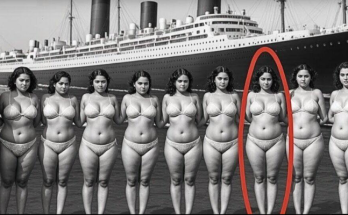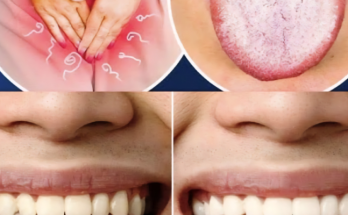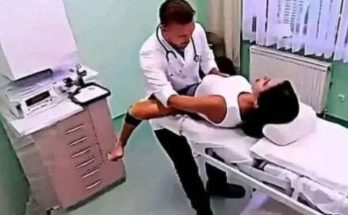
-
First Leg Type (Leftmost – Rectangular Shape)
-
This shows a pair of legs that are straight and well-aligned.
-
The knees and ankles touch, and the legs run parallel to each other.
-
Medical Perspective: This is often considered the ideal or normal alignment, where the legs provide proper support for the body.
-
Common Term: Straight legs.

-
-
Second Leg Type (Second from the Left – Triangular Shape)
-
The knees are apart while the ankles touch, forming a triangular gap between the legs.
-
This condition is known as genu varum, commonly referred to as bow legs.
-
Medical Perspective:
-
Can be normal in young children as their bones are still developing.
-
In adults, it may indicate bone deformities, vitamin D deficiency (rickets), or joint problems.
-
Can cause knee pain and improper weight distribution over time.
-
-
Common Term: Bowed legs or genu varum.
-
-
Third Leg Type (Second from the Right – Circular Shape)
-
The knees are touching, but the ankles remain apart, causing a knock-kneed appearance.
-
This condition is known as genu valgum, commonly referred to as knock knees.
-
Medical Perspective:
-
Common in young children but usually corrects itself with age.
-
Persistent knock knees in adults can be linked to bone weakness, obesity, or joint disorders.
-
May cause pain, difficulty walking, and knee joint stress.
-
-
Common Term: Knock knees or genu valgum.
-
-
Fourth Leg Type (Rightmost – Circular Shape)
-
The legs are somewhat curved outward, with a significant gap from the knees to the ankles.
-
This leg shape may be a mild form of bow-leggedness or caused by an uneven leg structure.
-
Medical Perspective:
-
Could indicate muscle imbalances, postural issues, or skeletal conditions.
-
May result in joint pain, poor posture, and reduced mobility.
-
-
Common Term: Outward curving legs.
-



